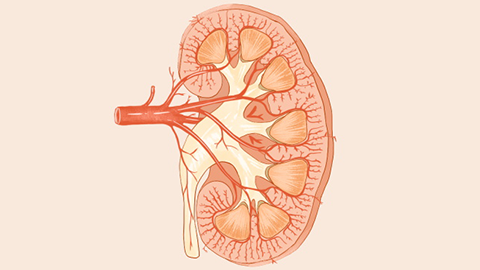Are all cases of kidney failure reversible?
Generally speaking, kidney failure is not always reversible. If it is acute kidney failure and kidney function has not been significantly damaged, it can usually be reversed. However, if it is chronic kidney failure with明显 impaired kidney function, reversal might not be possible. If discomfort symptoms occur, it is recommended to seek timely medical treatment at a regular hospital. Detailed analysis is as follows:

If it is acute kidney failure and kidney function has not been notably damaged, it usually can be reversed. Acute kidney failure is commonly caused by factors such as renal ischemia, nephrotoxic substances, and urinary tract obstruction. When these causative factors are promptly removed and effective treatments—such as maintaining water, electrolyte, and acid-base balance and providing adequate nutritional support—are administered, kidney function may gradually return to normal.
If it is chronic kidney failure, due to significantly impaired kidney function, it is usually irreversible. Chronic kidney failure results from the continuous progression of various chronic kidney diseases, and its pathological changes are often irreversible. Although treatment can slow the progression of chronic kidney failure, alleviate symptoms, and reduce complications, it is difficult to completely restore already damaged kidney function to normal.
In daily life, maintaining a healthy lifestyle—including balanced nutrition, appropriate exercise, avoiding smoking and excessive alcohol consumption, and controlling blood pressure and blood sugar levels—can help prevent the occurrence of kidney failure.







